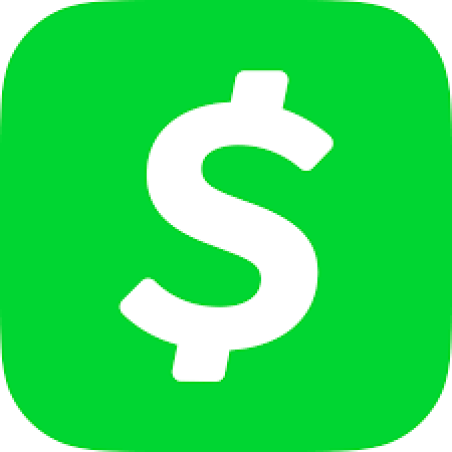Cash App to Refund Consumers Up to $120M Over Fraud and Poor Security

The Consumer Financial Protection Bureau (CFPB) has taken action against Block, the operator of the popular Cash App payment platform, ordering the company to refund and provide other financial redress to consumers of up to $120 million. Additionally, Block must pay a $55 million penalty into the CFPB’s victims relief fund. This decision comes after the CFPB found that Block employed weak security measures, putting millions of users at risk and failing to fulfill its legal responsibilities to investigate fraud claims.
What Happened?
Block, the company behind Cash App, was found to have inadequate procedures for resolving disputes about unauthorized transactions. Instead of properly investigating claims, the company often directed users to their banks to attempt to reverse fraudulent transactions. However, when these reversals were attempted, Block frequently denied them. Many users who experienced financial losses from fraud were left without adequate support or recourse.
Suppressing Help-Seeking Efforts
Cash App users also faced significant challenges in seeking assistance. Block employed tactics that discouraged users from pursuing help, including limiting customer support options. Though Cash App’s Terms of Service and Cash Card included a telephone number for support, the number only played a recorded message instructing consumers to use the app or send mail to reach customer service. This left many users frustrated and vulnerable to further fraud.
In some cases, fraudsters posed as Cash App representatives online, exploiting customers’ attempts to find alternate support channels. These scams resulted in stolen passwords and personal information. Although Block was aware of this issue, it failed to take sufficient action to protect its customers.
CFPB’s Statement
“Cash App created the conditions for fraud to proliferate on its popular payment platform,” said CFPB Director Rohit Chopra. “When things went wrong, Cash App flouted its responsibilities and even burdened local banks with problems that the company caused.”
Violations and Legal Obligations
The CFPB highlighted how Cash App’s Terms of Service misled users into believing that their banks were responsible for investigating disputed transactions. Under the Electronic Fund Transfer Act, peer-to-peer payment platforms like Cash App are required to investigate claims of unauthorized transactions. Block, however, used vague and incomplete investigations to dismiss many claims in its favor.
Moving Forward
The CFPB’s order serves as a reminder for companies to prioritize consumer protection and adhere to legal standards. For Cash App users, the ruling provides hope for a safer and more reliable platform. Block will now be under increased scrutiny to ensure it complies with the law and improves its practices to prevent further harm to its customers.
This decision underscores the importance of accountability for financial service providers and the need for robust systems to protect users from fraud.
 Africas leading resource for digital financial services
Africas leading resource for digital financial services


comments